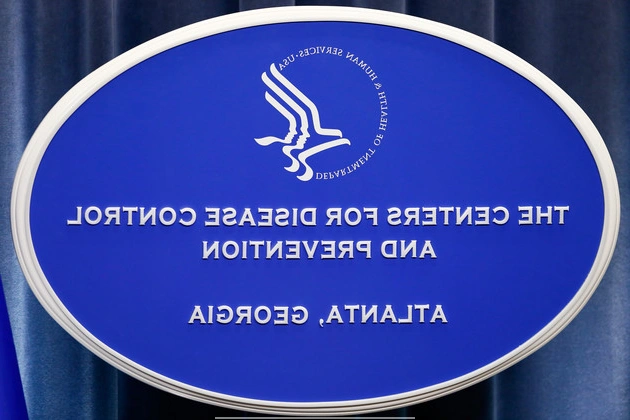
A federal judge has issued a crucial ruling mandating federal health agencies to reinstate webpages that were previously removed. The removal of these pages was in response to President Donald Trump’s executive order regarding ‘gender ideology and extremism.’ However, the judge, U.S. District Judge John Bates, appointed by George W. Bush, expressed concerns about the potential negative impact on public health resulting from this action.
Restoration of Pages
Judge Bates highlighted that the removal of these pages could hinder doctors’ ability to provide proper care to patients. He noted that the decision to take down the pages lacked transparency and deprived individuals of the opportunity to contest or understand the rationale behind it. This unilateral action contradicted established laws and regulations that typically govern such matters.
Doctors for America, a left-leaning advocacy group, initiated legal action against the federal health agencies, including the Department of Health and Human Services, Centers for Disease Control and Prevention, and Food and Drug Administration. The group argued that critical information essential for patient care and responding to public health crises was being withheld.
Judicial Intervention
Judge Bates’ ruling compels the federal health agencies to restore the identified websites by midnight, as specified by Doctors for America. This decision followed a hearing where the advocacy group sought a temporary restraining order to halt further removal or modification of datasets in line with the executive order.
This legal development reflects a broader trend of judicial interventions aimed at scrutinizing and potentially halting the rapid executive actions taken by the Trump administration. The legal representatives of the doctors emphasized that the removal of crucial datasets and guidelines had impeded their ability to deliver timely and effective care based on verified information.
Implications for Patient Care
Dr. Reshma Ramachandran, a medical professional at Yale School of Medicine, attested to the adverse effects of the removed webpages on patient care. She cited a specific instance where the absence of CDC guidelines on HIV preventive medication led to delays and confusion during a patient consultation.
The judge’s ruling underscored the tangible impact on patient care resulting from the removal of essential information. By prioritizing the well-being of patients and the efficacy of medical treatment, Judge Bates affirmed the critical role of accessible and accurate data in healthcare delivery.















